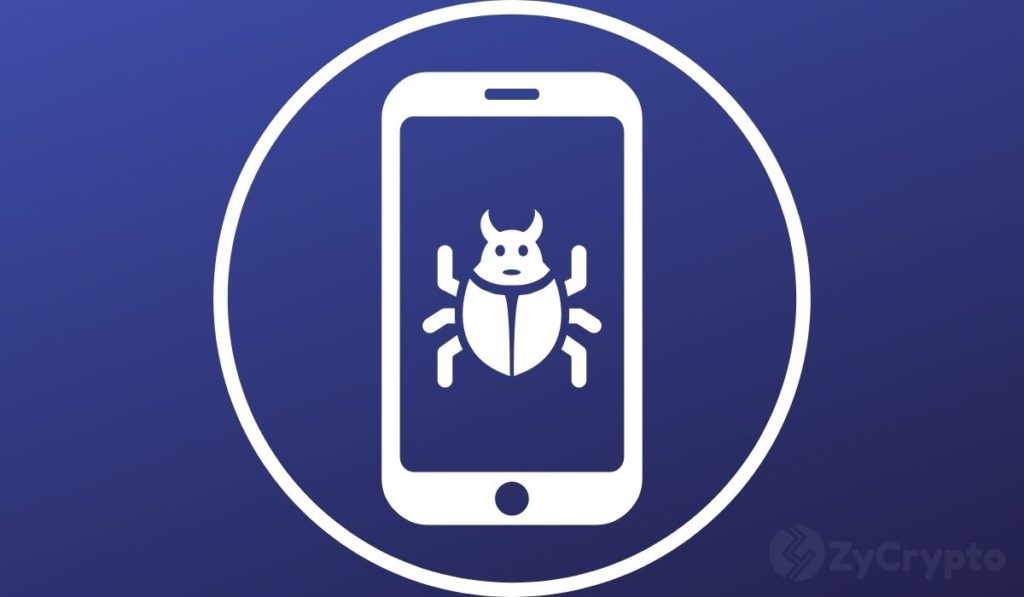
2021-10-19 22:33 |
Avast, a household internet security software service, has released recent findings on MyKings botnet, a specific type of malware, with the ability to steal cryptocurrencies from people’s wallets.
In the latest research, the threat department of the internet protection provider company practically revealed the process through which MyKings malware gains access into hundreds of victims’ personal computers by installing the malware into a test system. Upon accidental download or installation, the malware sits in one harmless corner of your PC or mobile device, constantly monitoring the activities that go on in your clipboard. A clipboard is a place where temporarily useful information is stored by copying and retrieved by pasting it into another space.
Once the malware detects something which looks like a wallet address being copied to the clipboard, it quickly replaces the copied wallet address with the wallet address of the hacker company, unknown to the owner of the wallet. Since a typical 36-character long wallet address is quite difficult to memorize, the hacker intends to use this to their advantage and the result would be a victim transferring cryptocurrency to a hacker’s wallet address.
Other Types of Crypto ThievesBut Copy-and-Paste hackers are not the only ones looking to make a good fortune from vulnerable crypto owners in a vibrant industry.
Other hackers have also successfully programmed coin mining malware into pirated versions of popular games to generate coins from over 200,000 hacked systems all over the world. So technically, when people purchase pirated online multiplayer games that issue crypto rewards, they stand the risk of becoming coin mining pawns to hackers. Avast reports over $2 million as stolen through this method.
Also, Coinbase had recently reported a massive breach into hundreds of customers’ accounts leading to the transfer of such funds to unknown sources. In all these, it is expedient to state that proper safeguarding of assets is now more crucial than ever, but just like traditional fiat bank accounts, there are a few ways people can use to protect their assets:
Safeguarding your walletAs a general rule, having strong network security software installed on your device is necessary especially if you plan to make it your personal crypto transaction computer. Also, limiting the number of sensitive information copied to your clipboard might equally be a good idea. Most people recommend clearing the clipboard as often as possible but one can always cross-check the details of a wallet address to see if it matches what was copied before sending or receiving through it.
Alternatively, getting an offline storage device to store all your sensitive information can equally prove effective. Most people have difficulties memorizing phone numbers, and would most likely find it extra difficult to shove about thirty-two alphanumeric keys up in their memory. A good old secure diary can help in this case.
origin »Bitcoin price in Telegram @btc_price_every_hour
Typerium (TYPE) íà Currencies.ru
|
|







